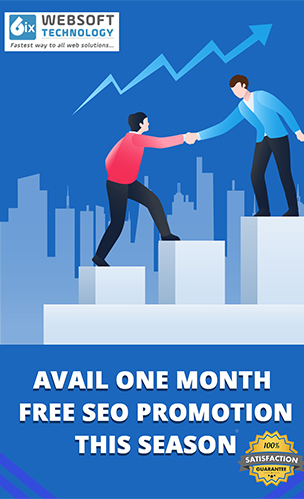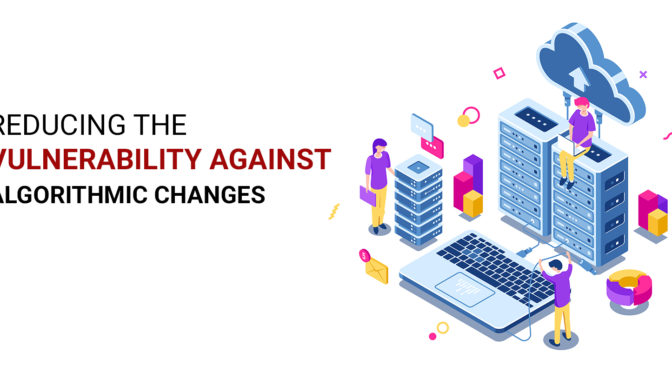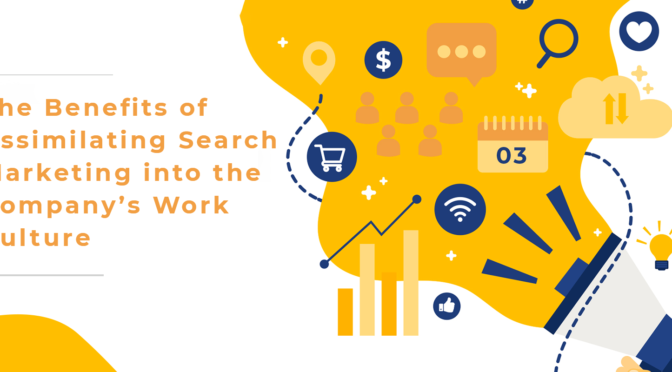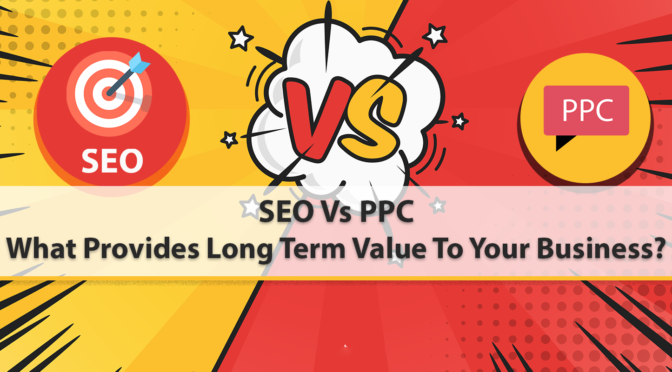While most companies have understood the fact that without integrating the right online marketing strategy, it is highly difficult to secure their footholds in the competitive marketing, therefore, many of them have started investing their time and money on the various digital marketing techniques. However, choosing the best marketing technique is the still seems like that everlasting back pain for businesses.
With a plethora of marketing strategies available to give a much-need boost to your website’s ranking, business owners are confused about choosing the right yet effective marketing technique that can ensure long-term value to their business. Sometimes it is a big struggle to know which platform will help you get the best ROI. After reviewing the online search activities, experts have revealed that SEO and PPC are the two essential marketing strategies that can help you create a strong presence in the search engines, ensuring that you’re in the front of your target audience.
While the success of any online business majorly depends on the amount of traffic it can generate from marketing campaigns, though the choice of marketing strategy also majorly depends on what type of marketing campaigns you need to drive. Do you need to involve in long-term yet cheaper marketing techniques or want to achieve your end goals in a quick time frame? Whether it be SEO or PPC, the end goal is the same. However, they are based on different concepts that involve different techniques and methodologies.
Also read: Google Adwords VS Facebook Ads: Which One Works Best For Your Business?
If you are still in a doubt, then let’s get into the deep comparison to understand which marketing technique offers long-term value to your business…
What is Search Engine Optimization?
SEO is an organic and non-paid form of marketing technique that involves on-page and off-page activities on the site to improve the ranking on the search engine. SEO is not a quick ranking hack, instead, it’s a long-term practice that involves plenty of time, effort, and resources to drive organic traffic to your site. The key activities involved in SEO are:
- Creating a user-friendly and well-structured website
- Resolving technical issues to ensure smooth functioning
- Creating quality keyword driven content to gradually enhance the ranking of the site
- Creating an audience persona
- Acquiring quality backlinks
- Performing keyword research
SEO is a unique marketing strategy that requires great skills and smart activities to drive results. If you are not from a technical background, then hire the team of professionals understanding the SEO in a better way and can make the most from the SEO tools.
What is Pay Per Click (PPC)?
PPC as its name suggests its a straightforward paid campaign that pays for clicks, impressions and customer acquisitions. These paid campaigns involve bidding on specific keywords to drive instant traffic and lead for your business. The most common activities involved in setting up a PCC campaign are:
- Designing creative and informative landing pages
- Creating an audience persona
- Choosing the right keywords
- Writing effecting and engaging ad copies
- Optimizing campaigns
- Running A/B tests
Deep Comparison of Search Engine Optimization and Pay Per Click Ads
Online marketing strategies are important for any size businesses, but choosing the right methodologies are also equally important. Before investing your time, efforts and resources, it is worth to understand whether SEO or PPC gives you better value to your business. By understanding your business goals and pros/cons of both marketing methods, you can easily make the right decision for your business.
SEO Vs PPC Ad: Temporary or Permanent Results
Getting to the first page of the search engine, won’t happen overnight or in a week as SEO involves long gestation to drive desired results. SEO is based on various activities, so getting to the top of the search pages will take time. However, once your website will get the top ranking via SEO, you will enjoy sustained traffic and growth for your business. SEO might involve long-term activities, but it gradually helps you improve the ranking and ensure a long-term solution.
On the other hand, PPC campaigns are designed to deliver instant results. Once your PPC campaign is approved, you can drive heavy traffic to your website in minutes. Your ads will start displaying to the millions of people. Usually, PPC campaigns work well, when product launch, squeeze pages, CPA marketing, and affiliate marketing has been involved. It might give an instant boost to your business, but you need to regularly invest in PPC ads to maintain the traffic.
SEO Vs PPC Ad: Which is More Expensive?
If you are thinking that SEO is free of cost then you are fooling yourself. Whether it be time or money, you are investing it. SEO comes at a cost and even cost you more than you ever expect it to be. However, it is less costly than PPC ad campaigns. PPC ad can end up with zero results and put your budget at high risk if you are spending up hundreds of dollars on poorly designed ad campaigns. Moreover, if you are targeting highly competitive keywords, then you might end up needing a large amount of money to get your keywords ranked high.
SEO Vs PPC Ad: Stability and Control
Comparatively, PPC is a more stable and controlled strategy to drive desired results. SEO is insecure about the outcomes, you’re not sure that how soon you’ll get your pages rank in top position. On the other hand, while running the paid ads you can easily forecast the results with reasonable accuracy. The paid ads give you reliable insights into the marketing strategy and enable you to track exact keyword-conversions. On the other hand, it is difficult to track the keywords converted to the business with SEO.
SEO Vs PPC: Brand Building
When you have a good website that can answer all popular search queries, you start building a website. SEO helps create brand equity that promises business growth. Whereas paid-ad campaigns get short-term conversions that can boost the traffic temporarily. It can’t help you established a brand image.








